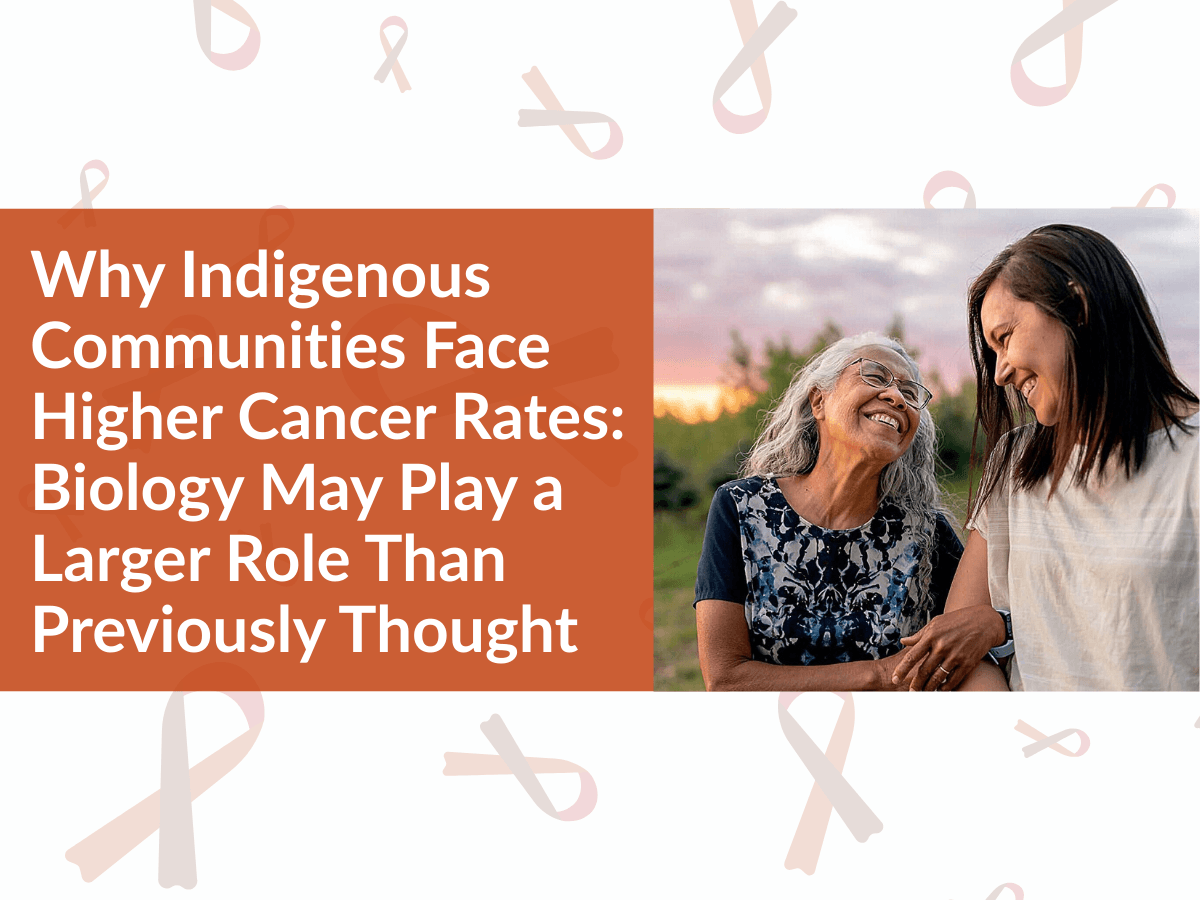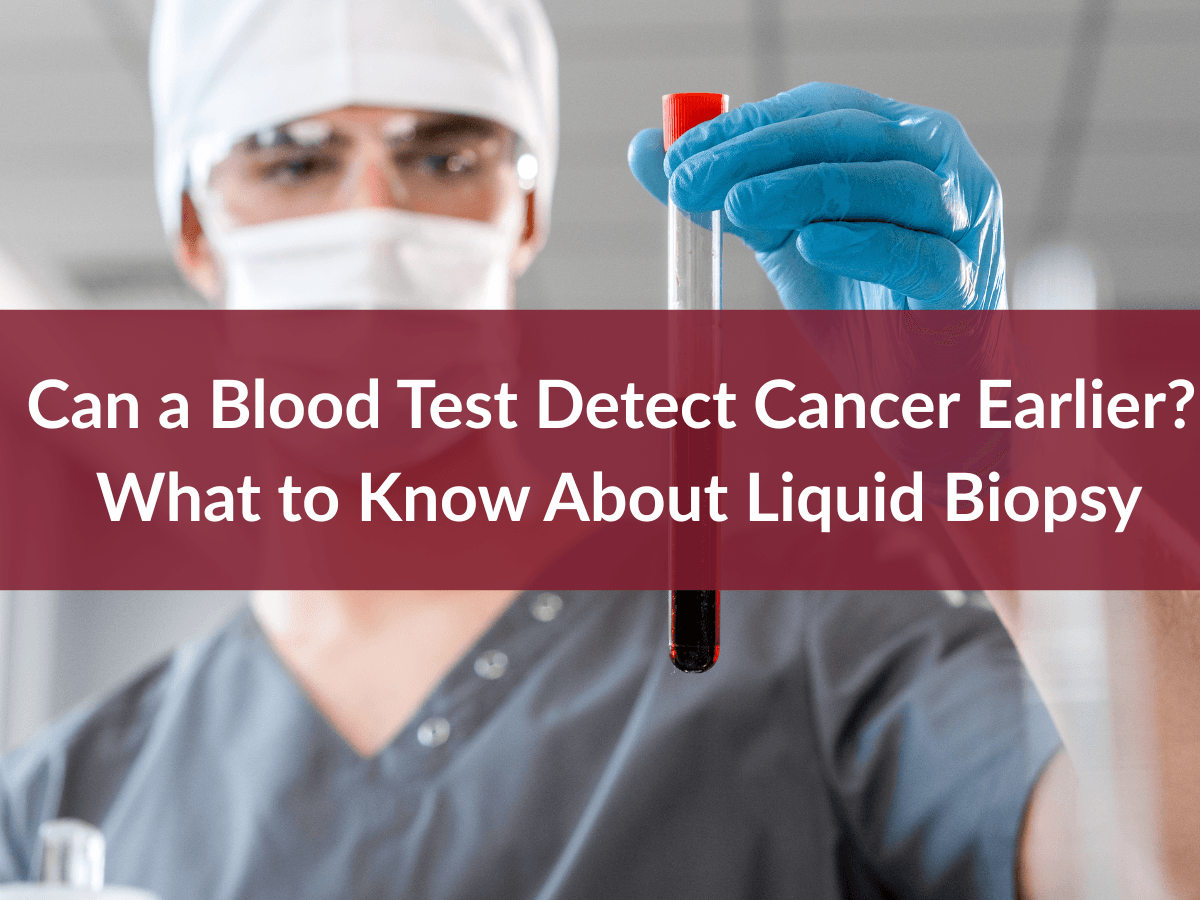
The Cancer News
AN AUTHORITATIVE RESOURCE FOR EVERYTHING ABOUT CANCER
Understanding PALB2 Mutations in Pancreatic Cancer

Jonathan W Lee, MD, MSc, is currently a chief fellow at NYP-Weill Cornell Medicine and is interested in clinical trials in thoracic and pancreatic cancer.
November marks Pancreatic Cancer Awareness Month, a time to shine a light on one of oncology's most challenging diseases. As a third-year hematology-oncology fellow at New York Presbyterian Weill Cornell and chief fellow with a strong clinical interest in pancreatic cancers, I am excited to share some research that is helping us better understand and treat a specific subset of this disease.
The Challenge of Pancreatic Cancer and the Unmet Need for Early Detection
Pancreatic cancer remains one of the most aggressive cancers in oncology. Unlike some other cancers, which have established screening recommendations and validated imaging modalities— such as colonoscopies for colon cancer, mammograms for breast cancer, and annual skin exams for melanoma—there is no current standard recommendation for pancreatic cancer screening in the absence of hereditary syndromes. Obtaining a high-quality assessment of the pancreas itself is also challenging and may require invasive evaluation or specialized imaging with a pancreas protocol.
Given that the majority of pancreatic cancer is diagnosed in the advanced stage, for which a curative intent surgery is not an option, there is a clear need for early detection strategies. Part of our research effort is to better identify and characterize the patient population that would best benefit from early screening.
A Genomically Actionable Target: PALB2
One of the major barriers in pancreatic cancer treatment is the lack of actionable genomic alterations. However, mutations in the DNA damage repair pathway that affect key proteins involved in DNA repair are a validated target in pancreatic cancer and can be clinically targeted to improve outcomes. Our study evaluated one of the few genomically actionable subsets of pancreatic adenocarcinoma (PDAC), specifically, cancers that have mutations in a gene called PALB2.
So what exactly is PALB2? It is a protein that is essential in initiating homologous recombination, which is one of the most common ways that our genome repairs DNA double-strand breaks. PALB2 itself is a scaffold protein, which means it structurally links to other proteins that are vital in DNA damage repair to function. When you lose PALB2, whether through mutations or germline loss, the DNA is unable to repair itself in the way that it normally should.
Why Genetic Testing for PALB2 Mutations Matters in Pancreatic Cancer
Mutations in PALB2 are known to confer a higher rate of malignancies. There is a European study that looked at about 500 different families and showed that the relative risk of developing certain cancers, including pancreatic, breast, and ovarian cancers, was anywhere between two to seven times more likely if you had mutations in this gene.
There have been several studies that have evaluated the clinical implications of PALB2 mutations. A phase II clinical trial published in the Journal of Clinical Oncology in May 2020, by my mentor, Dr. Eileen O'Reilly at Memorial Sloan-Kettering, looked at this specific subset of pancreatic cancers. They evaluated the efficacy of a platinum drug, cisplatin, and gemcitabine with or without a PARP inhibitor – an oral drug that also inhibits a protein involved in DNA repair – in patients with mutations in PALB2 or mutations in BRCA1 and BRCA2 (which are also proteins involved in the DNA damage repair pathway).
What they showed was a remarkable clinical benefit in both groups of patients with higher response rates and overall survival compared to historic controls. This trial underscores the importance of genetic testing in PDAC, given the implications for treatment selection.
Our Study: A Comprehensive Look at PALB2-Mutated Pancreatic Cancer
Mutations in PALB2—whether germline (inherited) or somatic (acquired by the cancer itself)—only account for about 1 to 3% of the disease. But given the significance of the clinical implications, it was worthwhile to do a more comprehensive characterization of clinicogenomic features. We screened about 7,000 patients with pancreatic cancer in our retrospective study and identified 50 patients who had variants in PALB2. After screening out a few due to insufficient material and other factors, we ended up with 29 patients for our final analysis, 25 with germline mutations and four with somatic PALB2 mutations.
First, we got the demographic information from the medical records. Then, we also conducted a comprehensive genomic analysis using cBioPortal, an open-source platform for cancer genomic datasets. We also used OncoKB, a mutational database that confirms what we call the "oncogenicity" of the mutation—meaning the mutation needs to have a pathologic consequence on the protein structure or function. We also used a computational algorithm called FACETS, which is used in genomic analyses to better understand the significance of mutations.
Our Results: PALB2 Mutations Linked to Higher Pancreatic Cancer Risk
While our sample size was fairly small, making it hard to make too many comparisons between the germline and somatic groups, we found some insightful patterns. Across all of the PALB2-mutated cancers, there was a higher rate of family history of cancer and a higher individual rate of cancer.
Critically, the age of pancreatic cancer diagnosis in these patients was earlier than historical controls, which has significant implications for cancer screening. If we can identify populations at higher risk, we can start screening them earlier and potentially catch these cancers when they're more treatable.
The Bigger Picture: Precision Medicine in Pancreatic Cancer
Currently, we are in the era of precision medicine. From a technological standpoint, we have the tools to characterize cancer at an unprecedented level of detail. Through next-generation sequencing on tissue and peripheral blood, we can interrogate cancers for mutations in genes including BRCA1, BRCA2, and PALB2 that are recognized to confer higher cancer risk, as well as identify mutations that correlate with more aggressive biology. However, we also find numerous mutations that have unknown significance, which can cause anxiety in both patients and providers. Ultimately, my research focuses on how we can leverage these data to make clinically meaningful decisions that maximize patient benefit and deepen our understanding of cancer biology.
The Future: KRAS Inhibitors and Beyond
Over the past years, there have been some very exciting developments in pancreatic cancer treatment. Mutations in the gene KRAS characterize over 90% of PDAC, but were historically considered an “undruggable” target. But recent data presented at several medical conferences just this year have shown exciting clinical benefit in refractory pancreatic cancer, with larger clinical trials underway. Beyond KRAS, additional targets are being explored, including the CXCR4-CXCL12 axis, which promotes tumor growth. Even cancer vaccines are finding their place in PDAC after surgery and in combination with immunotherapy! Taken together, I have a strong optimism that these ongoing studies will move the needle on one of the most challenging cancers.
Improving Pancreatic Cancer Survival: Patient Advocacy, Community Engagement, and Targeted Research
Community engagement is crucial, as is patient advocacy. There are many groups that we, as oncologists, need to partner with to share information and raise awareness. By working together, we ensure the right questions are asked and the right people are involved.
As we observe Pancreatic Cancer Awareness Month this November, I hope my research helps illustrate that while pancreatic cancer remains one of our toughest challenges, we have made significant steps in understanding the disease and identifying vulnerabilities that can be targeted clinically. By identifying specific genomic signatures like PALB2 mutations, we are learning who is at higher risk, who needs earlier screening, and most importantly, how to treat these cancers more effectively.
My career aspiration is to be a clinical trialist in the pancreatic or thoracic cancer space, and I am excited about what the future holds for this disease and others.
About Author
Jonathan W Lee, MD, MSc, grew up in Chicago, IL, where he completed his BA/MD degrees at the University of Illinois at Chicago in the GPPA program. He also received his MSc in Radiation Biology at the University of Oxford and completed his internal medicine residency at NYU Langone Health. He is currently a chief fellow at NYP-Weill Cornell Medicine and is interested in clinical trials in thoracic and pancreatic cancer.






